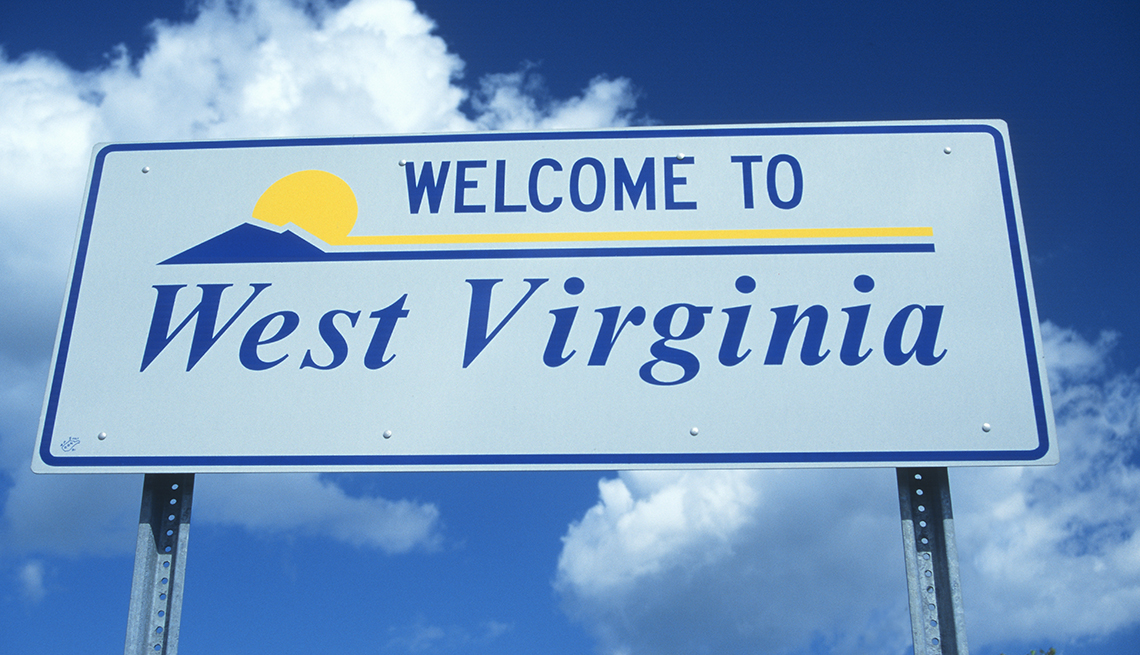AARP Hearing Center
Kenneth Terrell,
If your job will let you work from anywhere, why not choose a place where you can go biking through the mountains on your lunch break? Or where you can spend your weekends on the scenic shores of Lake Michigan? And, if the great outdoors aren’t enough to convince you, perhaps $10,000 would help change your mind?
That’s the argument that West Virginia, southwest Michigan and other communities are making as they try to convince remote workers to relocate to a new region. According to the website Make My Move, dozens of cities across the country are offering financial incentives to attract remote workers. In general, workers have to apply online to the incentive program, essentially to verify that they have full-time jobs that allow them to telecommute and that they are willing to live in the new community for at least one year. If the applicant is accepted for the grant, the money usually is offered either in a lump sum in the beginning if the relocator buys a house or in payments spread out over the year for renters.
In the places that are offering workers as much as $10,000 to move, that amount could make a sizable impact because the median home price in some of the communities is roughly $140,000. While there aren’t yet numbers available on how many people age 50 and older have taken advantage of these offers, the programs could make an appealing option for mid-career professionals who already are considering a move to a more affordable community as they transition toward retirement.
Here are six programs offering remote workers $10,000 or more to move there.
West Virginia
When it launched in April 2021, Ascend West Virginia hoped that a $10,000 moving bonus might be enough to entice a few dozen remote workers to consider relocating to Morgantown. But the amount of interest in the opportunity was much higher. More that 7,500 people applied for the funding. Among the 53 who received the first round of payments are former residents of 21 states, the District of Columbia and Berlin.
“In the weeks after we announced Ascend, we were thrilled to receive thousands of superb applications from around the globe,” says cofounder Alys Smith. “The level of interest in living in West Virginia and working remotely was remarkable."
Recipients get the $10,000 in monthly installments, and they do have to pay taxes on the funds. The monthly payments end early if the awardees leave the area before they’ve been there for a year. But those who choose to stay for an additional year can collect another $2,000.
While the round of awards for Morgantown has ended, Ascend West Virginia is now gathering applications for a new batch of $10,000 grants to move to Lewisburg.




































































